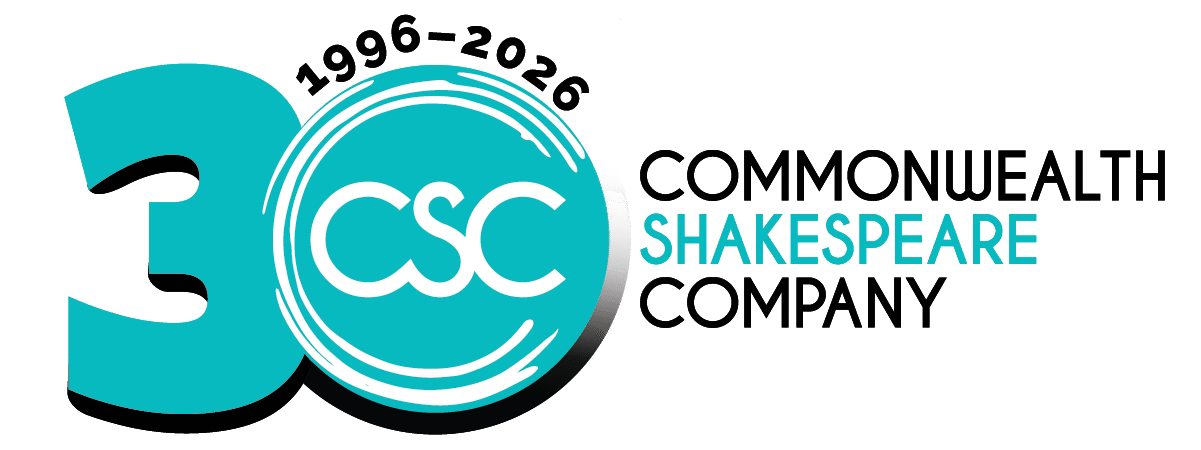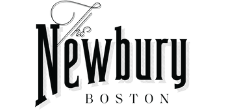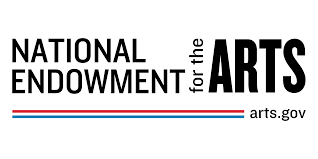We acknowledge that the land on which we gather each summer—Boston Common—is the traditional and ancestral homeland of the Massachusett and Pawtucket peoples, as well as the historic lands of the Wampanoag Nation. For thousands of years, these Indigenous communities have stewarded these lands, and they continue to do so today.
Boston Common holds a complex history, including episodes of violence and displacement inflicted upon Indigenous peoples. We express our sorrow for these injustices, and we extend our deepest gratitude for the opportunity to share stories on such sacred ground. As we present Free Shakespeare on the Common, we commit to honoring the enduring presence and contributions of Indigenous communities.
We recognize that acknowledgment is only the first step. We strive to support Indigenous voices and to create inclusive spaces through education, programming, and accessibility.
We ask you to learn more about this, the process and importance of land acknowledgement, and ways to support Indigenous communities who are still here by exploring the materials we have gathered below. We hope these resources serve as a starting place for further learning and welcome feedback or additions to these materials from our community at info@commshakes.org.
CSC worked with members of the Wampanoag nation in the crafting of our land acknowledgment and later went through a review process of our practices with Groundwater Arts, a consulting firm specializing in bringing a decolonized and climate-just future to the Arts and Culture sector.
Please click the toggle titles below for a drop down menu of links to resources:
The Practice of Land Acknowledgement
Honor Native Land: We encourage you to view the video at this site and request a download of their PDF for more information.
Land Acknowledgement Explained (from Teen Vogue)
Colonialism Explained (from Teen Vogue)
Native Land Digital ( A resource map to learn more about the land we reside on).
Native American Executions on the Boston Common
Tribal Nations and the United States, An Introduction (from the National Congress of American Indians)
Banned in Boston (from The New York Times)






















